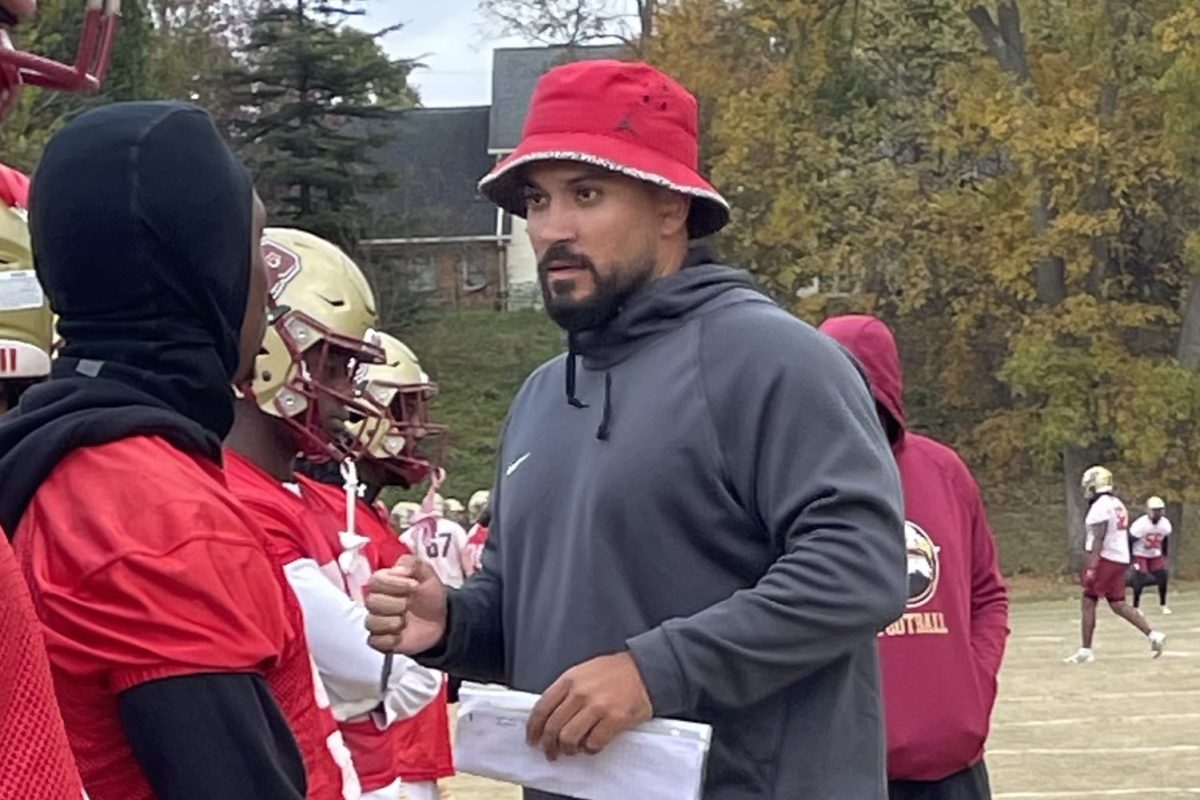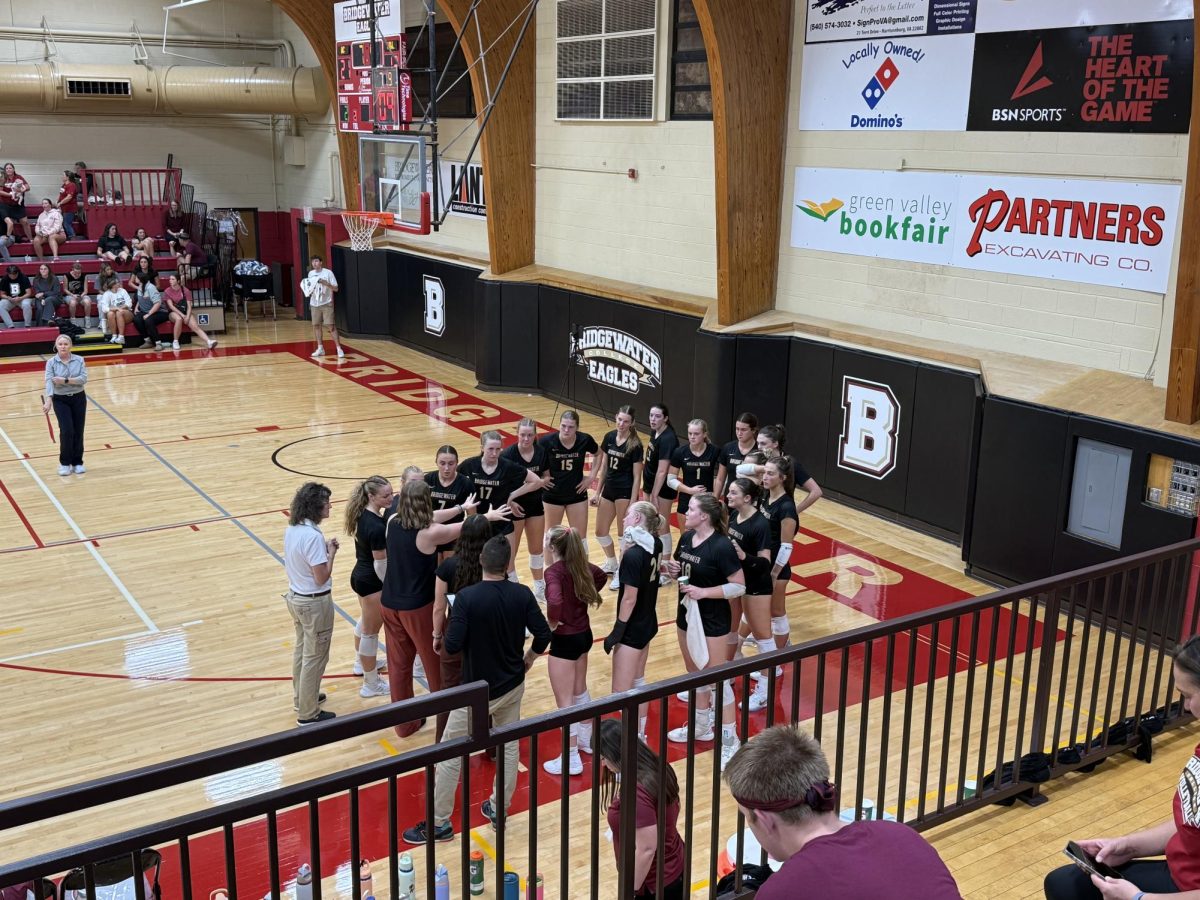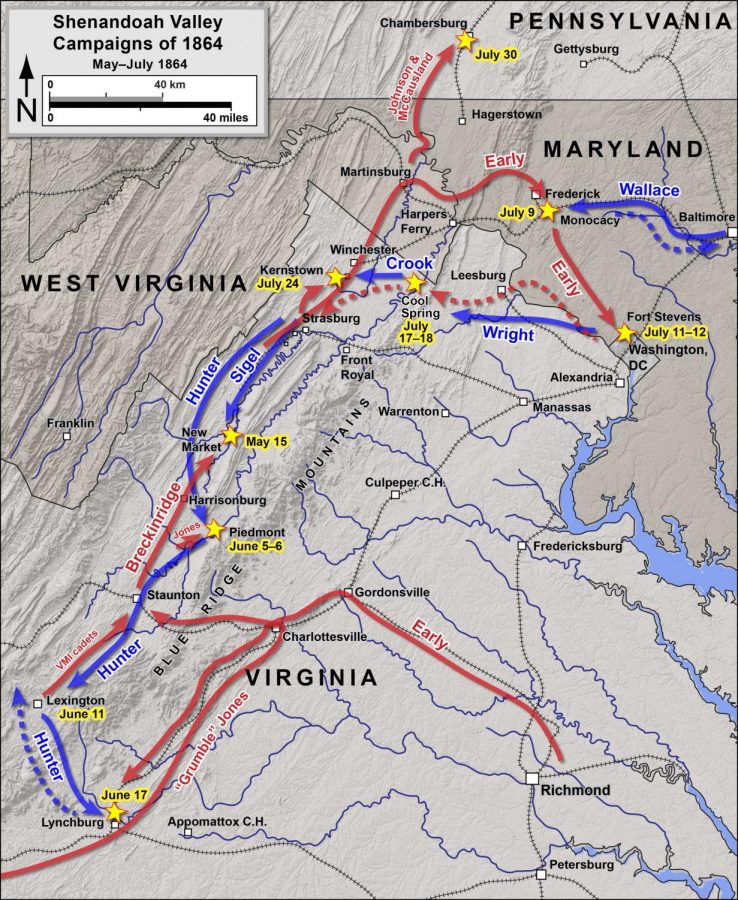Civil War Historian Speaks on Lee’s Final Campaign of 1864
Jeffrey Wert on End of Civil War
April 23, 2019
Bridgewater, Va. – On Saturday, March 23, Jeffrey Wert came to the McKinney Center at Bridgewater College and spoke on Robert E. Lee’s final campaign of the Civil War. This year, the Bridgewater College Civil War Institute also featured speakers John Matsui, Charles Knight, David Cox and Kathryn Shively.
Wert is a historian and author with expertise on the Civil War. He has written From Winchester to Cedar Creek (1997) among other books about the war.
According to Wert, Lee knew he had to shorten the war as much as possible by taking risks. Lee knew he needed to defeat the northern people just as much as the northern armies. He needed to break the people’s will to support the war and he predicted he could do this by stringing a series of victories together.
Lee managed to do just this early in the war. The Seven Days Campaign was a series of six confederate victories near Richmond, Va., in the summer of 1862. They all happened within a week. Lee had just recently taken over for the wounded Joseph E. Johnston and this campaign would set the stage for his reputation as a military leader.
The first major battle of this campaign began in Mechanicsville, Va., on June 26.
He almost had another one of these successes he needed at the 2nd battle of Manassas, Va., in August 1862. Lee almost defeated the union armies at this battle and Wert described the effort as a “military masterpiece” on the part of Lee.
Being from Virginia, Lee wanted it spared as much as possible from the destruction of the war. The Bristoe Campaign was an offensive effort to drive the Union out of Northern Virginia. Lee drove the union back to Centreville, but then suffered heavy losses in two brigades at Bristoe Station. This caused Lee to withdraw to Rappahannock Station and suffer a defeat at the hands of the Union.
“There were greater atrocities committed and greater animosity between the two sides of the war,” said Wert. As Grant began to dictate the war in the east in spring 1864, Lee knew he needed to gamble more to stand a chance. Lee began a campaign to take control of the Shenandoah Valley, which was the “backdoor to Washington D.C.,” according to Wert.
In this “last invasion of the North” by the Confederates, Lee appointed Jubal Early to command the armies.
Early knew that a mistake by him could spell defeat for the Confederacy. Due to underestimating the numbers of the Union and mistakes by Confederate generals in the field, the Valley Campaign was ultimately unsuccessful.
According to Battlefields.org, with a firm grip on the east side of the war, the Union was able to drive the Confederates back south. Lee said, “The re-election of Lincoln was the dismay of the confederacy.”






















































